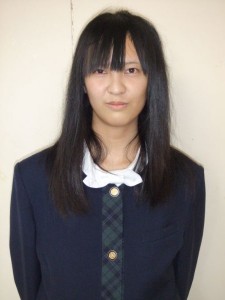By Ben Mirin, CIR
April 25th, 2011

On April 11th, Concord-Carlisle High School’s student newspaper, The Voice, published its first article submitted by a student from Nanae High School. Second-year student (high school junior) Hitomi Shihoya of the Nanae High School English Club wrote about her experience of Japan’s terrible earthquake last month and her reflections on its aftermath.
“I was very surprised because I had never seen such a large-scale earthquake in my whole life,” Shihoya writes. “I came back to everyday life in a few days, but I am very anxious because I don’t know when the next natural disaster will happen. I am also very worried about more aftershocks, and the nuclear radiation in Fukushima.”
Shihoya’s article also expresses personal gratitude toward the US and other foreign nations that contributed to Japan’s relief efforts following the disaster. The complete text of her article can be seen on The Voice‘s website.
This publication marks the launch of what will hopefully become an ongoing exchange between high school students in Concord, Carlisle, and Nanae. The projects’ orchestrators–the CIR and the faculty advisors to The Voice and the English Club–hope eventually to establish a written cross-cultural dialogue between students in both towns on at least a monthly basis.
Concord-Carlisle High School and Nanae High School are officially sister schools. Official visits and home-stays between the schools’ bands and the CCHS Sci-Fi Club have been centerpieces in the rich history of the Concord-Nanae sister city relationship. The Student News Exchange, as the project is tentatively titled, is intended to bring two more student organizations, the English Club and The Voice, more deeply into that framework. Continue reading “The Concord-Nanae Student News Exchange Begins”

